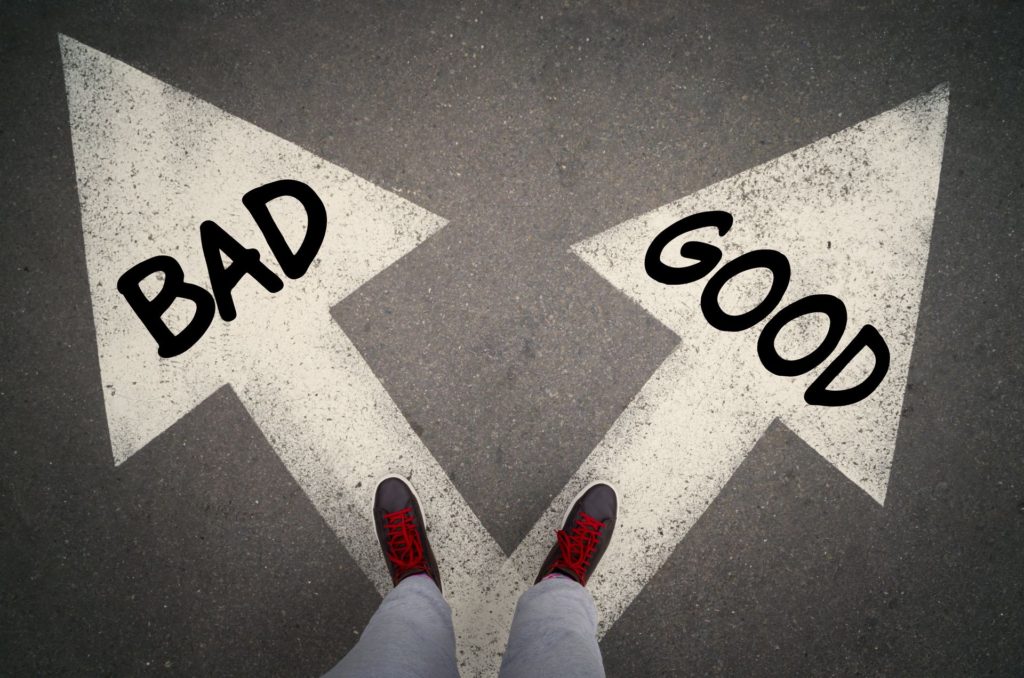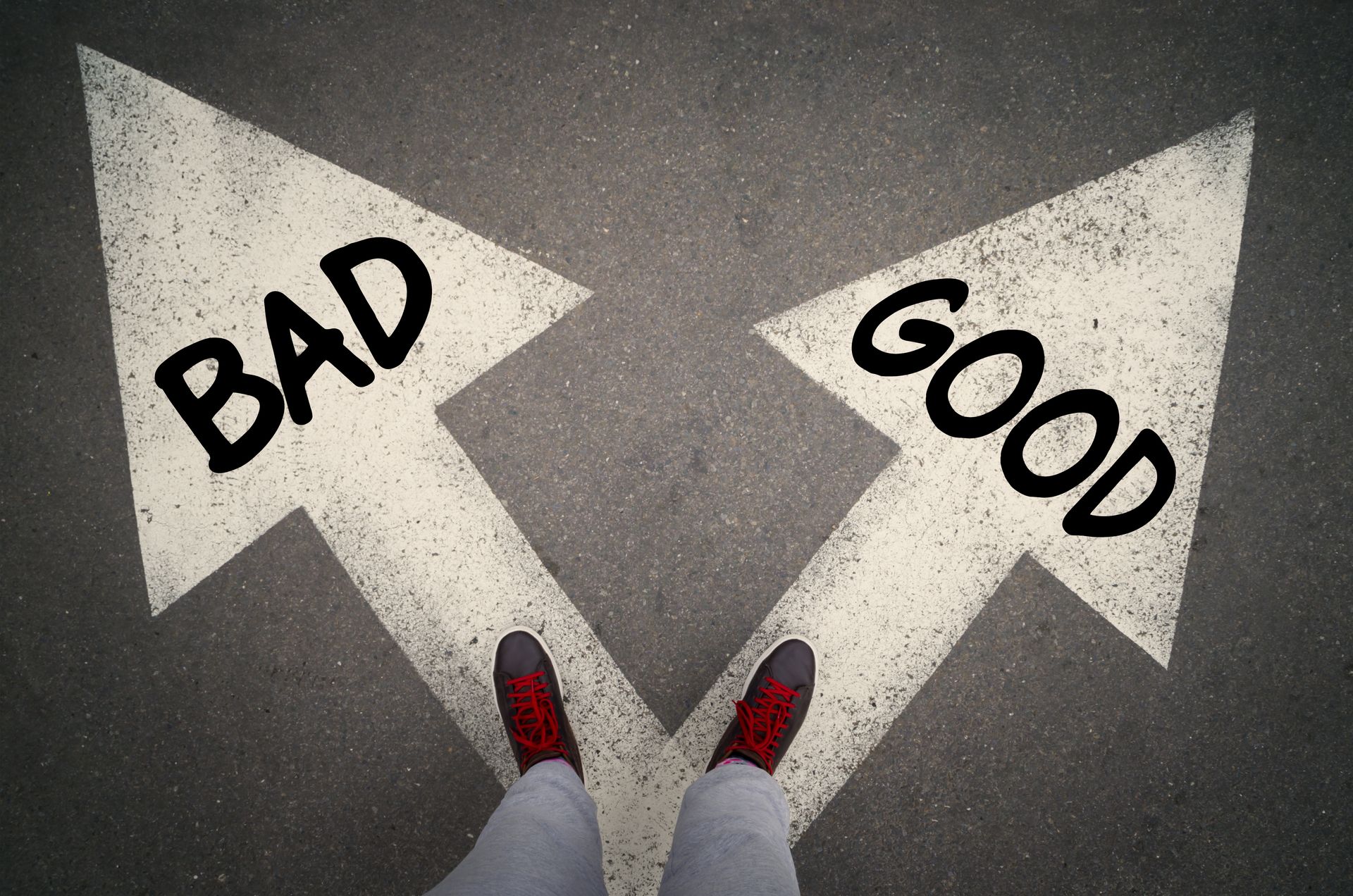How Can Addicts Stay Away From Friends That Are Bad Influences?

According to studies done by psychologist Catherine Shea, individuals with low self-control can benefit from surrounding themselves with people with high self-control to overcome addiction and temptation.
It’s often noted that one’s friends serve as a direct mirror for their personality features and faults.
It’s not uncommon for addicts to surround themselves with other addicts who enable each other and seemingly justify their bad habits.
However, one of the most important and hardest steps of recovery is breaking those bad habits and those bad relationships that enable one’s addiction.
In this article, we’d love to discuss ways that addicts can break off bad relationships with friends and form new ones that help them in their recovery.
Signs a Friend is a Bad Influence on Your Recovery
Addiction and emotions cloud better judgment. When paired together, they can make it nearly impossible to identify when someone you consider a friend is a person you need to avoid.
For this reason, it’s not uncommon for former addicts to relapse when in the company of old friends who still use drugs and engage in poor decision-making.
In order to break poor habits and identify toxic relationships, you should look for the following signs.
- They constantly seek out negativity in your life
- They pressure you to use
- They boss you around
- They manipulate you
- They slack off/don’t take life seriously
- They push you to take things to the limit while they stand back
- They continue to use even though you’re trying to get clean
- They act insulted if you refuse
Any one of the above signs can signal someone is detrimental to your mental health. It doesn’t need to be a combination of all things, as any of the above actions or behavioral traits can be harmful to someone with substance abuse issues.
As an addict, you can also quickly tell who to avoid if you’re frequently tempted to use around a particular person for any given reason.
Seek Out Other People’s Opinion
If someone is a bad influence in your life, you’re probably not the only one they attempt to manipulate. It can help to stand back and watch how they interact or portray others, particularly those who try to better themselves. If they speak down to or about someone trying to get clean or improve their lives, you know they’re no good for you.
It’s a major red flag if you hear them speak poorly about someone else’s sobriety. Unfortunately, as outlandish as that sounds, some toxic individuals try to paint life without drugs as a bad thing — usually because they struggle with substance abuse disorder.
In addition, seek out the opinions of others who are actively assisting you in recovery. These people should be able to identify whether a friend is serving as a positive or negative influence in your life.
Should a Recovering Addict Cut Off All of Their Former Friends?
You don’t need to cut everyone out of your life, just those who negatively impact your mental state.
In terms of building a foundation for recovery, addicts should primarily focus on building positive relationships and ridding out negative ones.
Can Recovering Addicts Be Friends with Another Addict?
Building off of this idea, addicts should generally refrain from being friends with others who struggle with drug and alcohol addiction. This is especially true if they’ve just been through drug and alcohol treatment and need time for recovery.
An addict should focus first and foremost on their own recovery before they can help others out. A true friend would be able to sympathize with this sentiment.
With that in mind, befriending former addicts and sponsors can be a great way to learn valuable skills and advice that contribute to your recovery.
Should you never speak or engage with former friends again? No, but it’s best to reach a strong stage of your own and put things on hold until you’re there.
How to Break Off Toxic Relationships
1. Identify Toxic Friendships
The first step to breaking off toxic relationships with friends who are bad influences in your recovery is identifying them.
Using the signs listed above, log your emotions and interactions with people in a journal to see how they make you feel. For example, does someone pressure you to use drugs or cause you guilt or anxiety for not using drugs with them?
Some of these triggers may be easier to identify than others. However, by journaling your emotions and everyday interactions, you’ll be able to identify people who negatively impact your recovery and cause feelings of anxiety, guilt, or shame.
2. Break Off Contact
Next, you’ll need to break off contact with these harmful influences. Stay strong and keep the conversation focused on your recovery.
On the other hand, you shouldn’t feel pressured to explain yourself or justify your actions. Just be sure to create clear boundaries that outline your desire for separation and to reconvene at a later time when you are stronger in recovery or when you can reach a comfortable state without fear of relapse.
3. Seek Out Positive Influences
Recovery is almost impossible to do alone, which is why you should seek to replace bad friendships with positive ones.
Building a network of sober friends from AA or Al-Anon, recovery programs, or work can be a great way to build a positive foundation of people who support your recovery, not damage it.
4. Forgive Yourself
Breaking up with friends and ex’s is difficult, and it may result in guilt for a short period. However, it’s important to forgive yourself and understand that these decisions will benefit both of your lives in the long run.
Chances are if these people were detrimental to your mental health and recovery, you were as well.
5. Be Patient
Breakups are difficult, and you need to give yourself time to heal. Just like anything else in recovery, you’ll need to take things one step and one day at a time. There is a plan for everyone, and your steps toward recovery will enrich the lives of everyone around you.
Friends are one of the most important things in our lives. Unfortunately for addicts, negative friendships can be a crutch for poor decision-making and a barrier to making difficult changes.
However, breaking off bad relationships is beneficial for all parties involved, and it doesn’t have to result in isolation. Replacing negative influences with positive ones will help you along your path to recovery and give your life the fulfillment and enrichment that your previous life could not.

